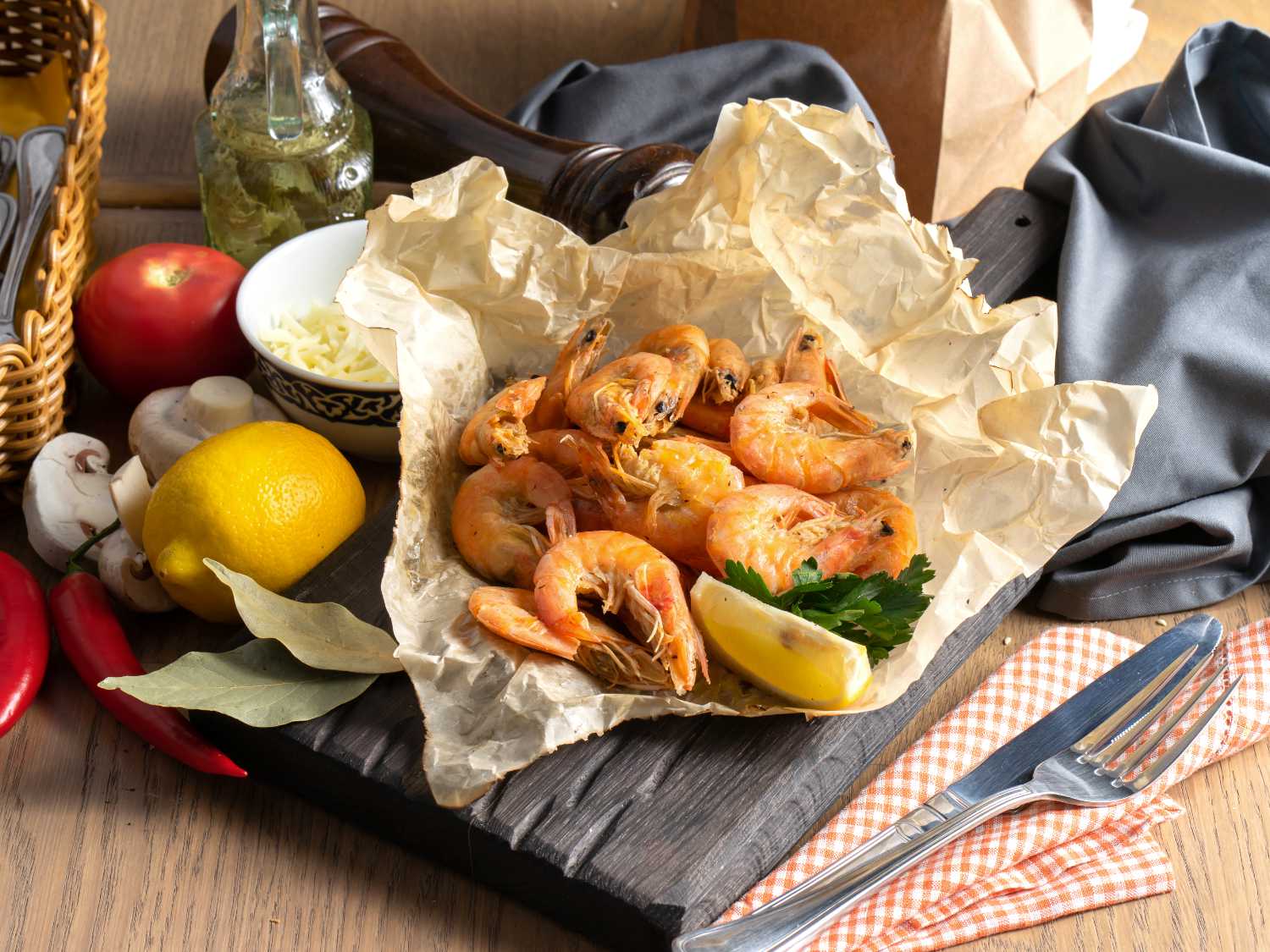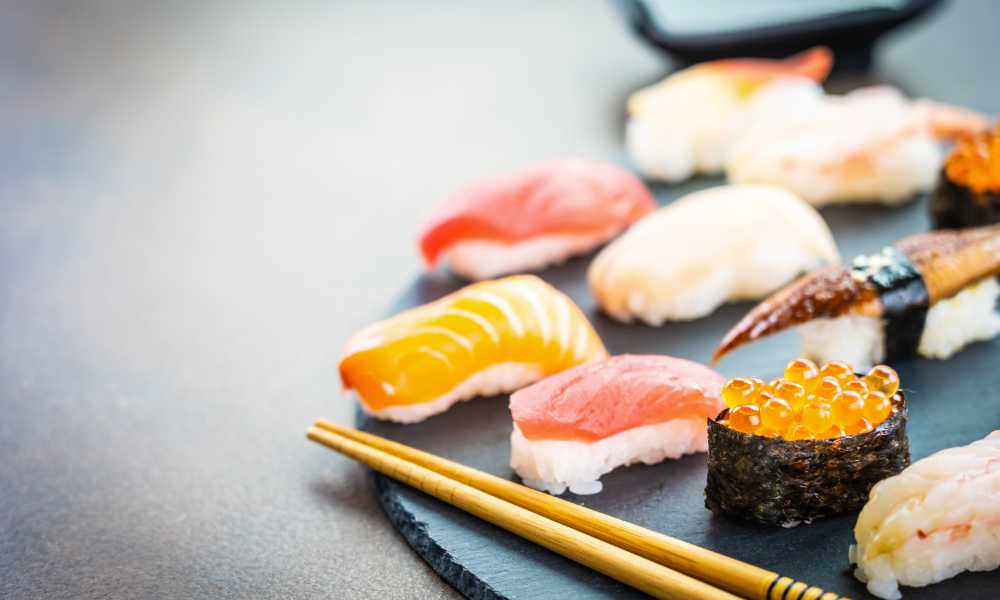Your basket is empty
Already have an account? Log in to check out faster.
Already have an account? Log in to check out faster.

Summer has arrived and many of us are already at the seaside or are dreaming of going in a few weeks... and what do you typically eat at the seaside? The fish, very fresh and versatile.
Obviously this does not apply to those who follow a vegan diet, but there is also a defined dietary regime fishetarian diet, which is based precisely on the consumption of fish.
But how does it work and what to eat? As always, we give you some more information, without value judgments on any food or ethical choice at the table, although try to limit the consumption of animal products, choose organic and move towards a plant-based approach it is definitely a contribution sustainable to the well-being of the Planet.
Pescetarians have a lot in common with vegetarians. It means that they mainly eat vegetables, fruit, tubers, cereals and legumes and, in addition, they obviously add... fish!
Salt or fresh water fish, blue fish such as sardines and mackerel or fattier fish such as salmon and trout, but also crustaceans and molluscs.
A diet, therefore, extremely varied, which categorically excludes meat and foods derived from it: no cured meats or various cold cuts, no bacon or chicken nuggets.
Secondary animal products such as dairy products and eggs are usually consumed infrequently and in moderate doses.
Fish is consumed at least 3-4 times a week, while for the rest the green light is given to whole grains and plant foods.
Sushi lovers will definitely be happy! ?

The pescetarian diet is at the center of many international studies because it is generally considered very healthy. This is because it includes everything that is good in the plant world and adds fish, a light food rich in "good" fatty acids such asomega-3.
This would be good because it allows you to replace meat proteins with fish proteins, cutting "bad" fats and calories, which would have a positive impact on weight loss, lower blood pressure and a lower incidence of cardiovascular problems.
The cons are to be found in two related directions. sustainable fishing is increasingly difficult, while uncontrolled fishing has impoverished our seas.
This, in addition to being terrible on an environmental level, also means that the fish that ends up on our tables is increasingly raised in less than optimal hygienic and animal welfare conditions.
Excess heavy metals such as mercury or even antibiotics detected in tender tuna and salmon meat are proof of this. So, how to proceed?
As in every aspect of life and healthy eating, moderation and the careful and conscious choice of the products that we decide to consume are two key elements.
For further information:
0 comments